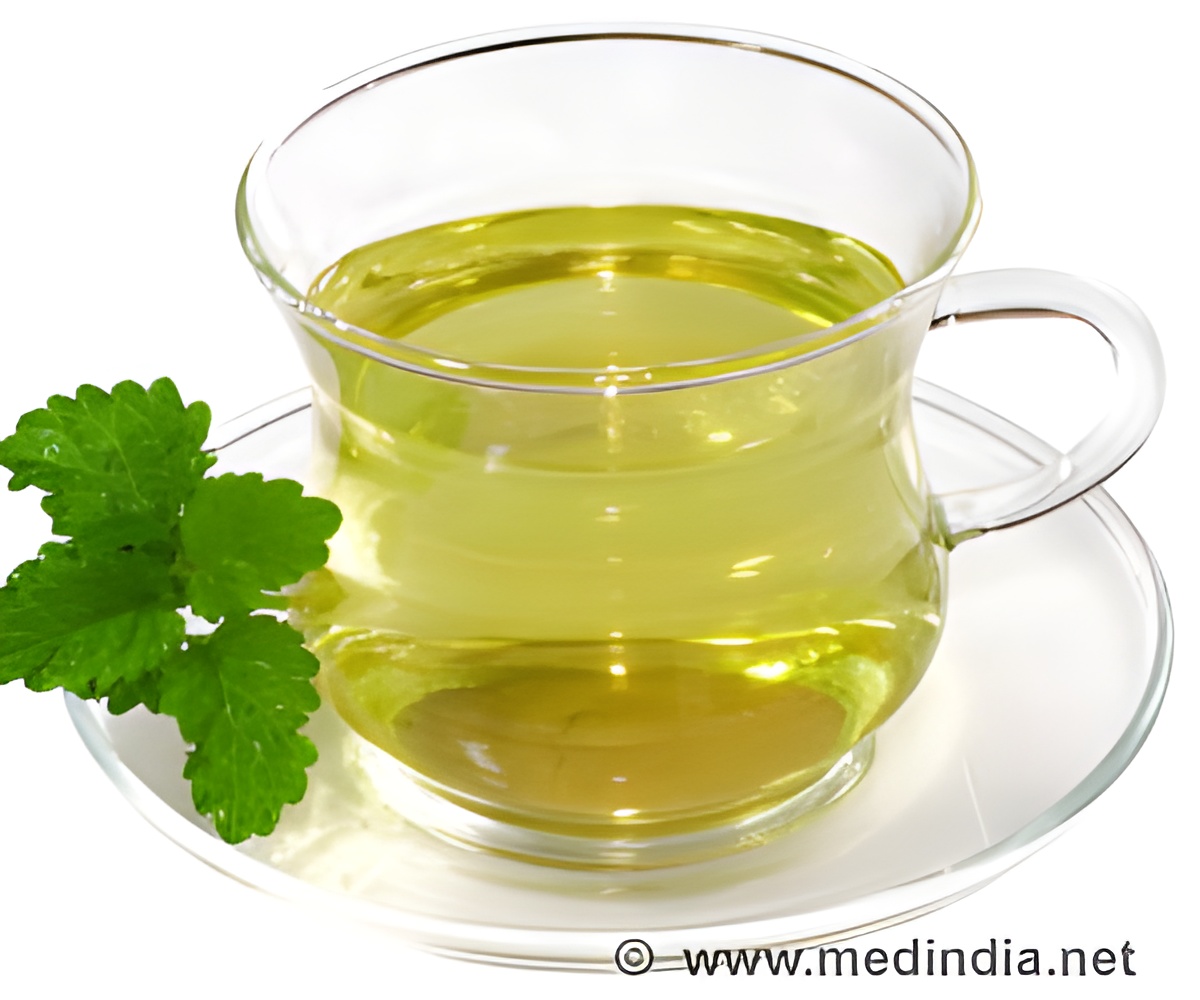Green tea consists of a polyphenol, epigallocatechin-3-gallate (EGCG), which may help kill oral cancer cells, without touching the healthy cells, according to researchers at Penn State.

They found that a protein called sirtuin 3 (SIRT3) was critical to the process, so the idea that EGCG might selectively affect the activity of SIRT3 in cancer cells, to turn it off, and in normal cells, to turn it on, was probably applicable in multiple kinds of cancers.
Associate professor Joshua Lambert said, "The next step would be to study the mechanism in animals." If those tests and human trials turn out to be successful, the researchers then hope to create anti-cancer treatments that are as effective as current treatments without the harmful side effects.
The study appears online in the issue of Molecular Nutrition and Food Research.
Source-Medindia














